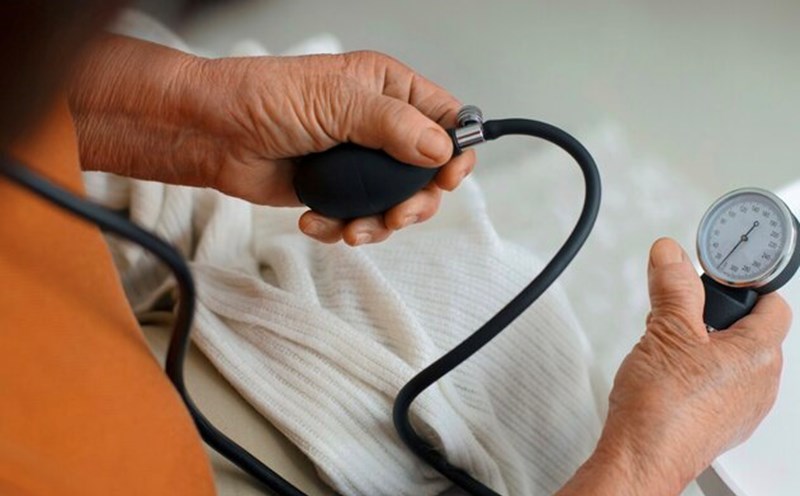Standards-based water volume
A healthy adult should drink about 1,500-2,000 ml of water per day. Drinking less water will affect the normal functioning of the body. Therefore, if you want to ensure good health, you must make sure to drink enough water to reduce the burden on the body.
Pay attention to the time to drink water
After waking up in the morning, drinking a glass of boiling water can dilute blood and supplement water, not only helping to stabilize blood pressure but also helping to regulate physical health.
Many people believe that drinking a glass of salt water in the morning is good for health, but in fact, salt is not suitable for people with high blood pressure because sodium in salt water can increase blood pressure, affecting kidney function.
Lunch is a mid-day meal, but eating too much will increase the burden on the stomach and intestines. Therefore, you should drink a glass of water half an hour after lunch to promote the digestion and absorption of food in the digestive tract.
The body excrets a lot of water while sleeping, so patients with high blood pressure need to drink a glass of water before going to bed for an hour in the evening to help the body replenish water.
Appropriate water temperature
Because each person has different living habits, the need for water temperature when drinking water is also different.
However, drinking water that is too cold or too hot is not good for your health. Too low a temperature can affect the digestive tract, while too high a temperature can burn the stomach lining or esophageal lining.
Therefore, when drinking water, you should drink boiled water to warm at around 40-50°C, which will be more beneficial for your health.
Do not drink too much water after exercising
If you drink plenty of water right after exercise, it can reduce blood salt levels and cause muscle cramps.
Drinking plenty of water will increase the body's urine output and can affect athletic performance. Drinking too much water at once will cause the stomach to bulge, putting pressure on the movement of the diaphragm. This increases the need for oxygen, easily causing shortness of breath and causing dizziness, nausea and other discomfort.
You should drink the water in small sips after exercising or steep the water in your mouth and swallow it down after your body has adapted. To prevent muscle cramps, you should warm up before exercising and do full warm-up exercises.











